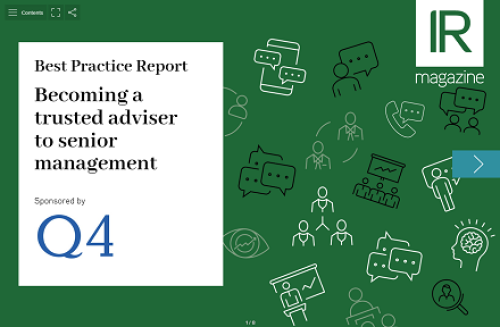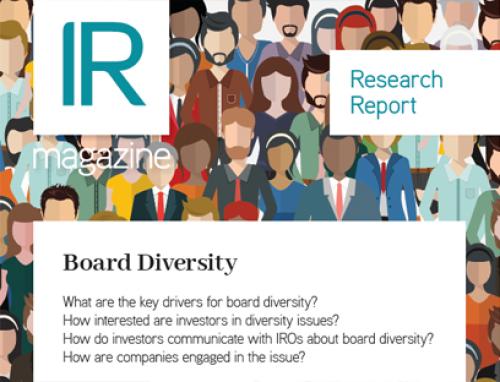‘We see richer younger generations who are willing to invest their money and you need a younger head of IR to speak their language’
The IR community traditionally boasts a large group of veteran IROs. In the US, the motherland of IR, NIRI recognizes the most talented young individual in the investor relations community in its 40 Under 40 program. While that is a spotlight for millennials, it doesn’t include Gen Z IR professionals – perhaps because there aren’t many Gen Z IR practitioners to start with.
Many say that’s set to change and argue that the IR profession is attracting younger professionals, possibly a testament
You need to register to access 3 free deep dive articles per month. To continue reading please register or login below..
- Unlimited deep dives
- Data-driven research around key topics
- Buy-side insights
- Benchmarking reports
From
$1495










